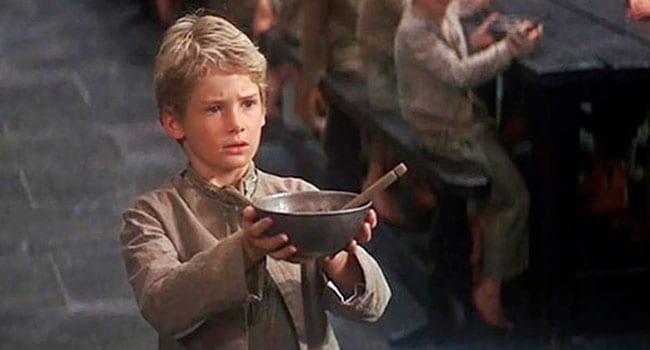 Canada, like many other countries, has introduced emergency relief services to help individuals and businesses facing financial hardship during COVID-19. The overall cost will be enormous once everything is said and done.
Canada, like many other countries, has introduced emergency relief services to help individuals and businesses facing financial hardship during COVID-19. The overall cost will be enormous once everything is said and done.
An interesting recent twist with the Canada Emergency Wage Subsidy, however, is making some people wonder if our nation’s generosity is getting out of hand.
As noted on the government of Canada’s website, some employers “whose business has been affected by COVID-19 … may be eligible for a subsidy of 75 per cent of employee wages for up to 24 weeks, retroactive from March 15, 2020, to August 29, 2020.”
The implementation of this wage subsidy will enable businesses “to re-hire workers previously laid off as a result of COVID-19, help prevent further job losses, and better position you to resume normal operations following the crisis.”
It was a costly, but necessary, temporary economic measure in these unusual times.
But imagine the surprise on some people’s faces when they discovered that four of Canada’s five major federal political parties – Liberals, Conservatives, NDP and Greens – applied for the federal wage subsidy.
Only the separatist Bloc Quebecois opted not to do it.
Why has this happened?
The parties have been unable to raise funds during the pandemic. Unless they received the subsidy, they would either have to furlough or permanently lay off some staff members.
Canada’s political parties have the right to apply for the subsidy. But while the decision is completely above aboard, it also looks, smells and feels completely inappropriate.
One of the leading Conservative leadership candidates, Erin O’Toole, came out against his party taking the subsidy.
“Canadians have sacrificed enough,” O’Toole wrote in a May 23 tweet. “They shouldn’t have to pay for wage subsidies for political parties. Under my leadership the Conservative Party will not take the subsidy and over time will repay the amount it has taken. I call on all other parties to do the same.”
Peter MacKay, the other leading Conservative candidate, followed suit the next day.
“Political parties should not qualify for a wage subsidy and Justin Trudeau’s law is flawed,” MacKay tweeted on May 24. “As leader, I would have stopped the application in its tracks. We should not be bailed out by taxpayer money with millions unemployed and small businesses struggling to stay afloat.”
They’re both right.
It looks terrible that four of Canada’s major political parties are applying for this subsidy when so many Canadians are struggling to survive on a weekly and/or monthly basis.
These same individuals will vote in the next federal election. Some will distinctly remember, and others will be constantly reminded, of what several political leaders did during COVID-19.
The fact the Liberal government created a subsidy the Liberal Party is applying for doesn’t look too sharp on their part, either.
Prime Minister Justin Trudeau sidestepped the issue when he was asked about it at a press conference.
Many Conservative MPs and supporters have strongly opposed a federal wage subsidy on ideological grounds in the past. Now that the party has applied for the subsidy, its messaging on the issue is mixed and inconsistent.
Again, no one is suggesting our political parties didn’t have the right to apply for the subsidy. Just because a particular action is completely legal, however, doesn’t mean it’s in their best interests – and the taxpayers’ best interests.
Even though there could be an extended period of financial hardship for political parties and their staffers, the Liberals, Conservatives, NDP and Greens should stop taking the federal wage subsidy and immediately repay any amount they’ve already received.
It’s the right thing to do.
Michael Taube, a Troy Media syndicated columnist and political commentator, was a speechwriter for former Canadian prime minister Stephen Harper.
The views, opinions and positions expressed by columnists and contributors are the author’s alone. They do not inherently or expressly reflect the views, opinions and/or positions of our publication.


